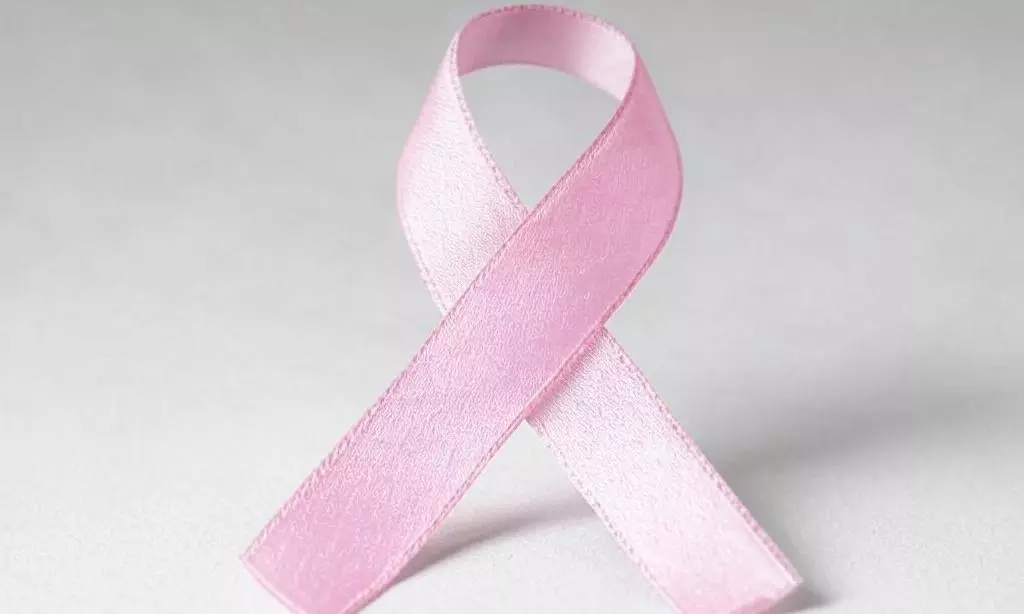Cervical Cancer Awareness: Fight it with Caution

Cervical Cancer Awareness: Fight it with Caution.
The cervix is the lower part of a woman’s uterus or womb, which opens into the vagina. According to the World Health Organization (WHO), Cancer of the cervix is the second most common cancer among Indian women and the fourth most common cancer globally. Studies have shown that it is more prevalent in lower and middle-income countries like India due to inadequate screening, low accessibility of quality healthcare, social stigma, and a lack of national HPV vaccination schemes.
What Causes Cervical Cancer?
Cervical cancer can be caused by constant infection with human papillomavirus (HPV) and repeated infection with sexually transmitted diseases. Having multiple sexual partners and your body’s immunocompromised state can also be some of the causes. Frequent symptoms of cervical cancer include bleeding between the period cycles, after menopause, after sexual intercourse, and having a foul-smelling vaginal discharge.
It takes around 15 to 20 years for abnormal cells to become cancerous, and this is where screening plays a crucial role in detecting pre-cancerous lesions, thereby giving a window for timely intervention and
reverting the cancer-prone tissue to its normal state.
How to Prevent Cervical Cancer?
Cervical cancer can be prevented by giving HPV vaccination to girls between 9 to 14 years of age. Cervical cancer screening for women can be started as early as 21 years for sexually active women through a Pap Smear test that should be repeated every three to five years.
A Pap Smear is a regular procedure in which the cervix is observed with the naked eye. Thereafter, a few cells are picked up from the surface of the cervix with the help of a brush and sent to be examined under a microscope. In instances where regular screening is impossible, the WHO recommends screening for HPV DNA at 35 and 45 years of age. For women living in remote locations, healthcare workers are being trained to observe and comprehend the cervix with specific solutions that highlight the abnormal tissue. This enables them to refer the woman to a centre where appropriate testing is available, if necessary.
Pre-cancers rarely cause symptoms, which is why regular cervical cancer screening is essential, even if you have been vaccinated against HPV.
Where to Begin?
Cervical cancer can be cured if diagnosed at an early stage and treated promptly. Regular visit to the gynaecologist helps in routine screening for cervical cancer up to 60 years of age. If any of the warning symptoms are present, it is advised to visit the health care provider immediately, irrespective of one’s age.
It is the only cancer that gives both the patient and the doctor a time span of nearly two decades to diagnose and treat it effectively, with a vaccine and a robust screening technique. Just regular screening with Pap Smear can be the game changer in decreasing the number of cancer-associated morbidities and mortalities.
Authored by Dr Adarsha Kalapala, Consultant Gynaecologist, Fernandez Hospital
( Source : Guest Post )
Next Story

